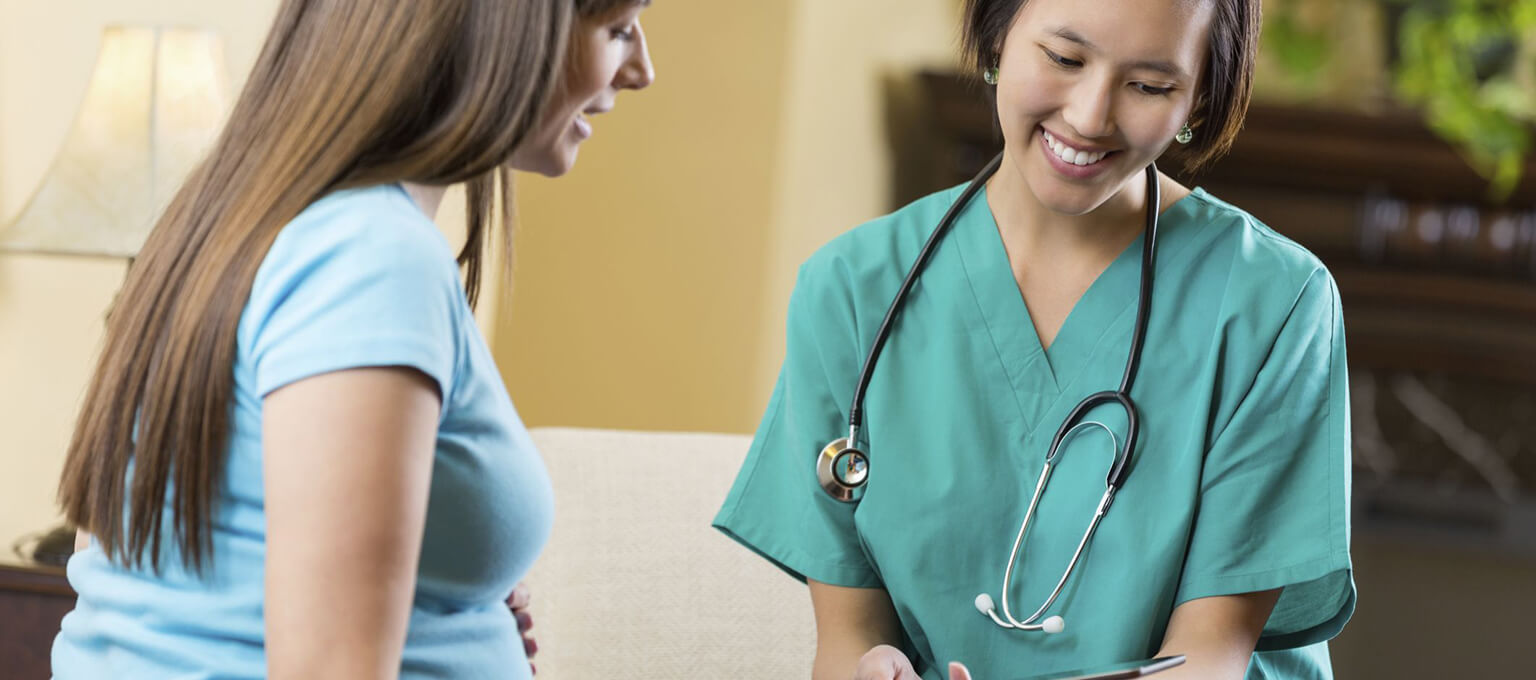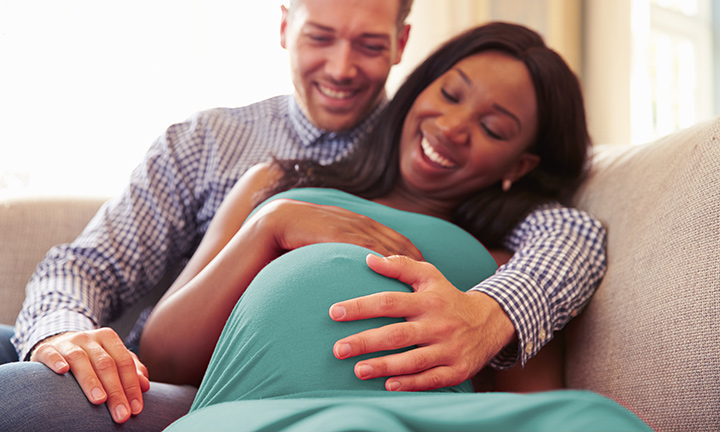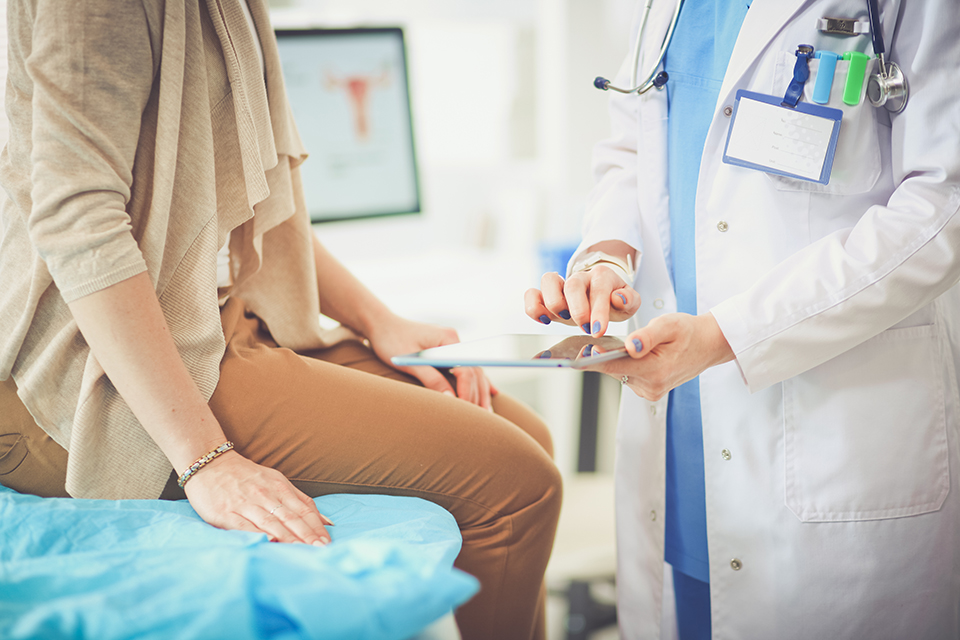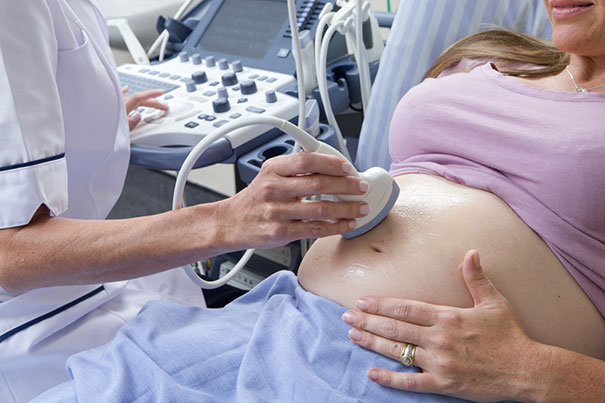
Group B Strep in Pregnancy
You may have heard of group B streptococcus (GBS) and wondered if it will affect your pregnancy or your baby. Healthy people can carry GBS and may not even be aware of it, but there is a small chance it can pose a risk to your baby. It’s very rare that a newborn will get sick from GBS, and in fact, most pregnant women carrying group B strep have healthy babies. If you’re interested to learn more about GBS, how it can be detected, how you can treat it, and what precautions you can take to avoid passing it to your baby during childbirth, then read on.
What Is Group B Strep and Will It Affect My Baby?
Group B streptococcus, also known as GBS, is a gram positive bacterium It usually doesn’t cause any harm to the carrier and is quite common – up to 2 in 5 people have it living in their body, either in the digestive system or in the vagina. There are several other strains of streptococcal bacteria, which can cause a wide range of infections, but strep B is one of the most common, and it is the strain that may cause infections in newborn babies.
Most babies only come into contact with group B strep during labour and birth and, of those that do, only very few become infected. One in every 2000 babies in the UK and Ireland are diagnosed with a group B strep infection, and most babies usually make a full recovery with swift treatment. However, there is still the small risk of dangerous complications, such as blood poisoning, lung infection (pneumonia) and meningitis.
How Will I Know I Have Group B Streptococcus?
The NHS doesn’t offer routine screening for group B strep because it rarely causes any problems. It may be picked up when you have vaginal or rectal swabs, or a urine test, if your midwife or doctor recommends testing for other infections. If you are concerned about group B streptococcus, you can ask your midwife or GP for advice. You also have the option to pay for a test at a private healthcare provider. Just be aware that screening tests aren’t always entirely accurate, and a negative result is not a guarantee that you’re not carrying GBS.
What Increases the Risk of GBS Infection?
The risk of GBS infection for the baby is more likely if
How Can the Risk to My Baby Be Reduced?
If you test positive for GBS or you’ve had a baby with a GBS infection before, there are measures your doctor or midwife can take to reduce the risks:
Should you need antibiotics, it’s best to get started as soon as you go into labour or shortly after your waters break. You will receive the antibiotics through a drip that will be topped up at regular intervals – usually every four hours – until your baby is born. You’ll still be able to move around freely even with the drip. Usually, you’ll be given penicillin to prevent GBS infection, but if you are allergic to it, then an alternative will be offered. This could be something to discuss with your midwife or doctor in your birth plan, if you test positive for GBS or you’re considered high risk.
You may experience some temporary side effects of the antibiotics, such as nausea or diarrhoea, but if you know that you are allergic to a type of antibiotic or another medication, make sure your medical team is aware of it.
If you decide you’d rather not have antibiotics, your medical team will monitor your baby closely for 12 hours after birth for signs of early-onset GBS infection. They will do this by checking your baby’s heart rate, temperature, breathing and feeding, as well as your little one’s general wellbeing. This is just to be safe, remember the chance of your baby developing infection is still very low and your baby won’t need antibiotics unless he or she becomes very ill.
Signs of Group B Strep Infection in Newborns
Early-onset GBS develops within seven days of birth. Most babies infected will show symptoms within 12 hours of birth. Symptoms of GBS in newborns include:
Sometimes a late-onset GBS infection can develop seven or more days after the baby is born, but this is usually unrelated to the birth or pregnancy. With late-onset GBS, chances are the baby became infected after the birth, for example, that he or she caught the infection from someone else. GBS infections after the age of three months are incredibly rare.
Treatments for Babies with GBS Infections
Should your newborn baby show signs of a GBS infection, your medical team will do tests to be sure GBS is the cause and not something else. This can be done by taking a blood sample or by taking a sample of fluid from around your baby’s spinal cord – done only if your baby is very ill. Your doctor will discuss this fully with you before doing any tests.
Once GBS has been identified as the cause, your baby needs antibiotic treatment as soon as possible. If there is no sign of infection after 36 hours and the tests are negative, the treatment can be stopped.
Although group B strep shouldn’t be taken lightly, it’s also not something to lose sleep over. Your midwife or doctor will monitor you and your baby throughout pregnancy, labour, and afterward, and if there is any reason to be concerned about GBS, they can reduce the risks considerably. GBS infection is so rare, it’s unlikely your baby will develop an infection, even if you carry it.
Read more about Pregnancy
Related Articles
Join Pampers Club and get:














